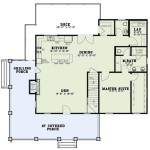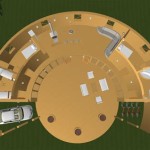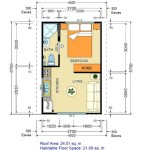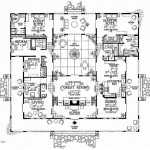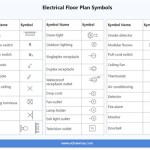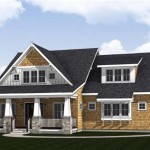Essential Aspects of House Plan AutoCAD Dwg
AutoCAD DWG (Drawing) files are crucial for architectural design and construction projects. They provide accurate and detailed representations of house plans, ensuring precise communication and efficient project execution. Understanding the essential aspects of AutoCAD DWG files is paramount for architects, designers, and contractors involved in residential construction.
1. Layer Management
Layers in AutoCAD DWG files organize different elements of a house plan, such as walls, windows, and doors. Proper layer management ensures a well-structured drawing, allowing for efficient editing and visibility control. Each layer should have a specific purpose and be assigned appropriate attributes, including color, line type, and line weight.
2. Line Types and Weights
Line types and weights in AutoCAD DWG files convey specific information about building components. For example, solid lines may represent walls, while dashed lines may indicate windows. Line weights vary according to the importance and visibility of elements. Standardized line types and weights promote clarity and consistency across drawings.
3. Dimensions and Annotations
Dimensions and annotations are essential for precise construction and fabrication. AutoCAD DWG files allow for the creation of accurate dimensions, including linear, angular, and radial dimensions. Annotations include text notes, symbols, and hatch patterns that provide additional information about materials, finishes, and construction details.
4. Blocks and Symbols
Blocks and symbols are reusable objects within AutoCAD DWG files that represent standard or repetitive elements such as windows, doors, or furniture. Blocks allow for efficient placement and modification of these elements throughout the drawing. By using blocks, designers can save time and ensure consistency in the representation of common components.
5. Elevations and Sections
Elevations and sections in AutoCAD DWG files provide additional views of the house plan. Elevations represent the vertical faces of the building, while sections show horizontal slices through the structure. These views help convey the height and proportions of the building and provide insights into interior spaces and construction details.
6. Symbology and Conventions
Standardized symbology and conventions are crucial in AutoCAD DWG files to ensure clarity and streamline communication. Architects and designers follow established conventions for drawing symbols, line weights, and annotations, allowing for easy interpretation and understanding by all parties involved in the project.
7. File Organization and Naming
Proper file organization and naming practices are essential for efficient project management. AutoCAD DWG files should be organized into logical folders and named according to specific conventions. This allows for easy retrieval and tracking of drawings throughout the design and construction process.
Conclusion
Understanding the essential aspects of House Plan AutoCAD DWG files is vital for accurate and efficient architectural design and construction. Proper layer management, line types and weights, dimensions and annotations, blocks and symbols, elevations and sections, symbology and conventions, and file organization ensure clear communication and precise execution of building projects.

32 Autocad Small House Plans Drawings Free Design Home Floor Modern Plan

50x80 Ft House Plan Autocad Drawing Dwg File Cadbull

25 X45 House Plan With Furniture Layout Autocad Drawing Dwg File Cadbull

Architecture House Ground Floor And First Plan Autocad Drawing Dwg File

House Plan Dwg For Autocad Designs Cad

3 Bhk House Floor Plan Autocad Drawing Dwg File The For Free

Single Family Home In Autocad Cad Free 280 Kb Bibliocad

30 X30 House Layout Plan Autocad Drawing Dwg File Cadbull Plans Free Duplex Floor

House Dwg Free Cad Blocks

Autocad 3 Bedrooms House Layout Plan Drawing Dwg File

